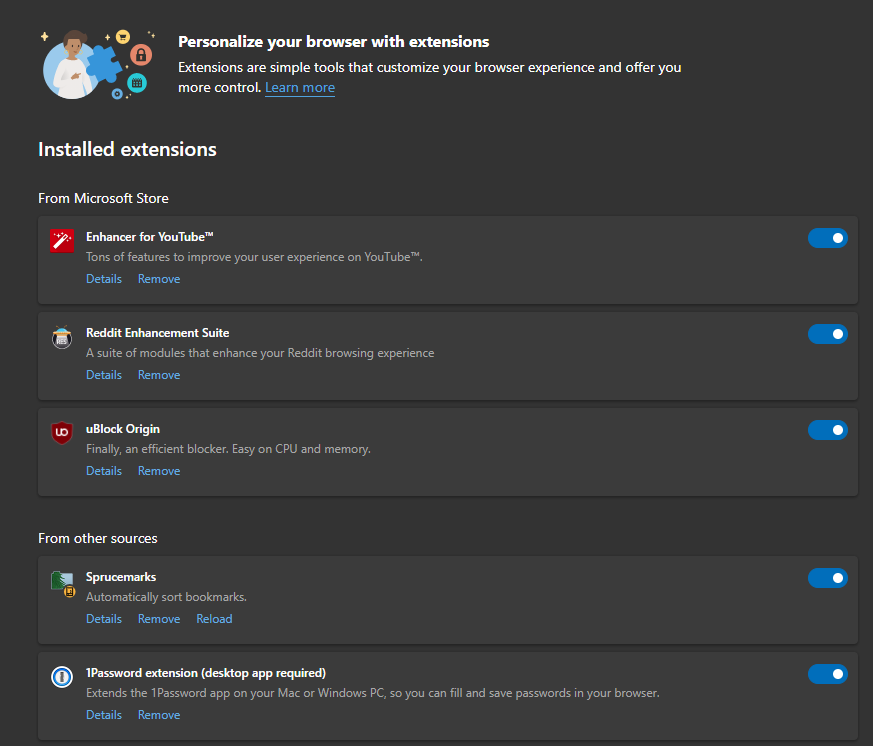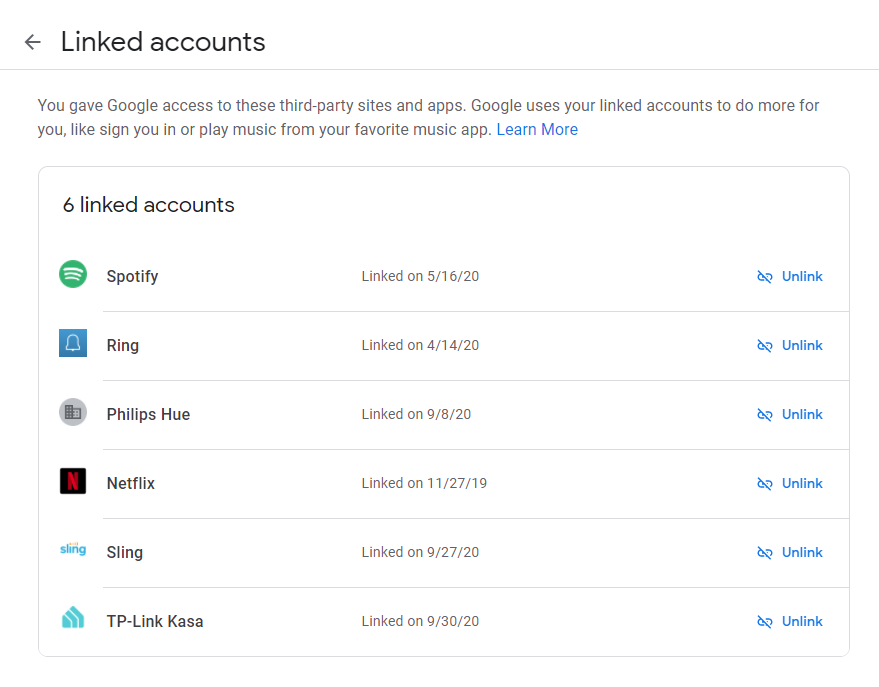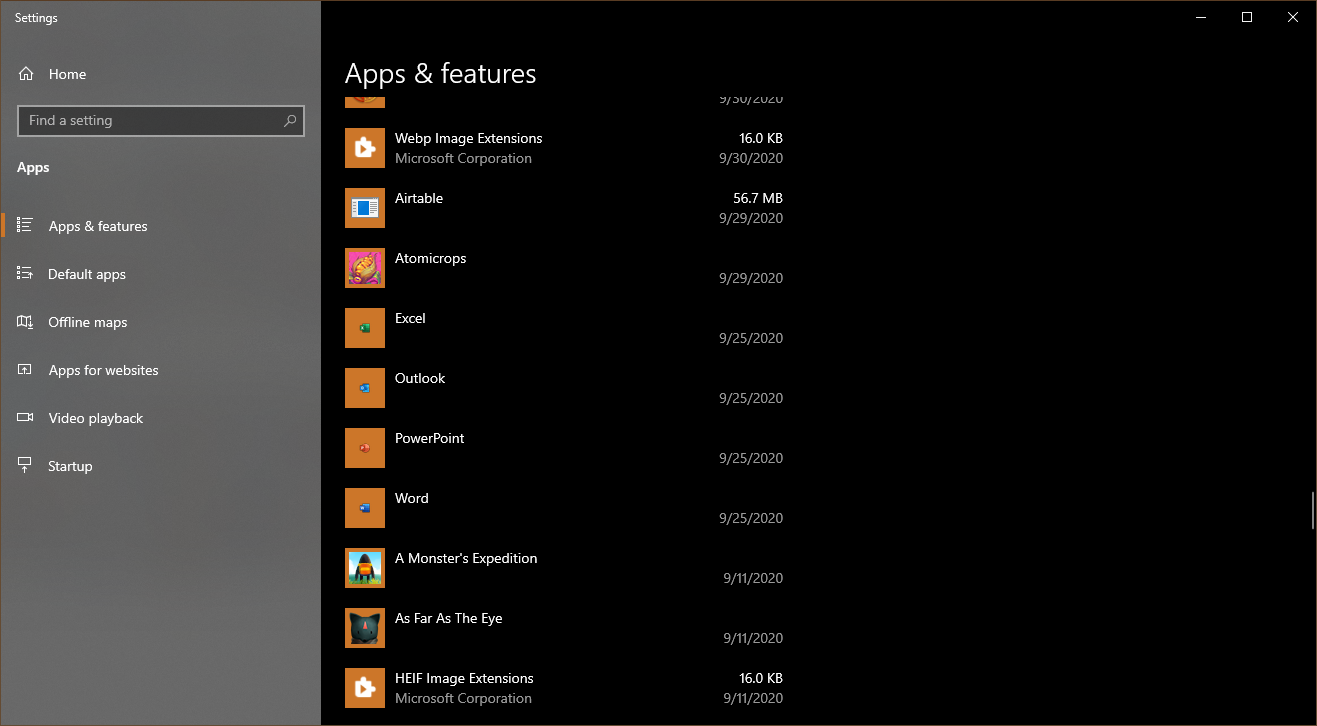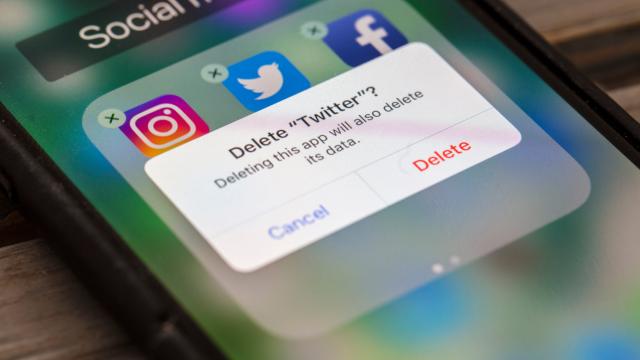When I think about “rebooting” my digital life, the first thing that comes to mind are the many, many browser tabs that I keep telling myself I’ll organise someday. Then I think about my cluttered phone, too — so many apps, so little time. Then my thoughts go back to my browser. Do I really need quite so many extensions?
Here’s the thing: Everyone should set aside dedicated time to review what they’ve installed on their various devices — typically apps, but that can also include games and addons. In fact, this should be an annual cleaning, at minimum. I can’t stand digital clutter, so I do it every three months, and that means actually setting a calendar reminder so that I remember to do it on a regular basis.
You’re not just doing this because you want your device to look good. That’s one benefit you get from cleaning up your digital life, but it’s not the most important one. You’re also doing this to bolster your digital security. Yes, security.
Don’t let ancient apps upset your digital privacy
The recent issues plaguing the popular browser addon The Great Suspender are a perfect example of what I mean. Did you know that The Great Suspender was moving to from its original developer to a new maintainer? Probably not. Who keeps up on the news for their different browser extensions, anyway? You also probably blindly clicked on any new permissions the addon asked for, because it’s a browser extension you’ve been using for years. No biggie, right?
[referenced id=”1041812″ url=”https://www.lifehacker.com.au/2021/01/ditch-the-great-suspender-before-it-becomes-a-security-risk/” thumb=”https://www.gizmodo.com.au/wp-content/uploads/sites/4/2021/01/06/gzingvuj9q96n9kkzybc-300×169.png” title=”Ditch ‘The Great Suspender’ Before It Becomes a Security Risk” excerpt=”I’ve been a fan of The Great Suspender extension for years. Even when Google would drop new features into its Chrome browser to reduce the resources inactivate browser tabs eat up, I still trusted The Great Suspender to “inactivate” them for me to lessen the load on my system. But…”]
This is why I advocate a regular cleaning for your devices and accounts. Had you taken a moment to realise that you probably don’t need The Great Suspender anymore, due to your browser’s built-in ability to manage tab resources for you, you could have uninstalled it before its new maintainer started “enhancing” it with risky connections to third-party servers. Forgetting about an extension and letting it live in your browser forever — especially if you aren’t actively using it — creates a potential attack vector, which may or may not become a reality at some future point. You never know.
The same is true for apps you install on your desktop or laptop. These can evolve from something incredibly useful to potential spyware, malware, or any other kind of privacy-violating premise. Remember Avast’s free antivirus? How many people installed that and kept it on their systems after reading all sorts of accolades about an older version of the program? How many of them were then burnt when Avast decided to get a little sketchy?
Though I doubt that apps you’ve installed on your smartphone via conventional means — Google or Apple’s app stores — will transform into malware over time, at minimum they’ll eat up space. Why waste storage for apps you never use? Why waste data by keeping them updated if you never tap on them? Get rid of them.
Cleaning your devices doesn’t take that long
Though it might not sound like the most fun way to spend a little weekend time, here’s how I clean up my devices and accounts on a semi-regular basis.
I start by taking a look at my primary web browser. I’ll take a few minutes to quickly run through each of my many tabs, and bookmark those I promised myself I’d read later and never did; I close those that are no longer applicable. And this exercise invariably pulls up a number of tabs I don’t need — for example, three tabs for Facebook’s home page, which I must have opened and forgotten about at various points since my last clean. Without even needing an awesome extension like OneTab, this practice already gets me back down to reasonable (and almost manageable) tab levels.

I then look at my extensions — all of them. If there are any that duplicate functions, I delete one. If I recognise any that I haven’t used in the last few months (or year), I remove it. If any extension asks for extra permissions in order to function, I’ll do a quick web search to see if I should be concerned about the request.

Then I move on to services. I’ll load up some of the bigger companies where I have accounts — Facebook, Google, Microsoft, and so on — and check any third-party services that are connected to my account. If I don’t recognise the app or game, or no longer use it, I break the connection. Easy as that.

I’ll then do a quick pass through my PC’s apps — either via Finder on my Mac, or the “Apps & Features” screen within Windows 10’s Settings — and remove anything I haven’t used in a while (and never likely will). Then I take out my phone and do the same thing. If I’ve installed an app or game and haven’t used it — anywhere from a few months to a year — I always question why I’m holding on to it.
And this is tricky, because I’m always fighting what I call the “rainy-day” urges, or the idea that I’ll get to that app or game someday when the stars align. And one year later, I’ll be making that very same argument to keep that app on my phone. It’s a vicious cycle that’s difficult to break. Summon your willpower and delete those apps you haven’t used but keep telling yourself you will, because the odds are high that you won’t use them.
That’s it. It sounds like a lot, but I would be extremely generous if I said this entire process took even an hour. And you don’t have to block out specific time to get it done; just schedule a “cleaning day” and do a little bit here and there, whenever you can. Check your PC’s apps while you’re waiting for a download or waiting for friends to reply to a Discord conversation. Manage your phone apps while you’re on the toilet or waiting in a fifteen-car line at the drive-through of your local In-N-Out Burger. Check your services while you eat your lunch at your desk.
Honestly, this entire process is easy — and as simple as it is important. I didn’t even bring up the more intense strategy of running a quick web search for your browser extensions, third-party apps, and services to make sure there haven’t been any big security issues or major, privacy-violating changes since you last did a good cleaning. I’d like to say that I would do that every three months or so, but even I would struggle with that one. Maybe that’s a once-a-year kind of a task, or an “as I remember it” one, even though that’s going to leave a pretty big gap for trouble if, or when, an app or extension goes rogue.
Stay on top of what you’re using, and you’ll be one step ahead of everyone else who simply surrenders to clutter. You’ll also be a little bit more secure, too.

Leave a Reply
You must be logged in to post a comment.